let's be social!
We are into the swing of full-time language learning now–Thuōk Nuera–and it includes spending a lot of time actually communicating with people. A few days into the learning, we wrote short autobiographies that we could learn how to tell people in Nuer, and then we went into the community and began telling people. We took our afternoon language tutor, Ruac, with us so he could help us and also translate when we needed it. As I shared my biography with people, the questions always came: What is your father’s name? Are you married? How many children do you have?
At first, I avoided answering the question about children, because here it is a sign of infertility to be married so long without children, and therefore a massive failure as a woman. Or the alternative belief is that a woman has been cursed by the gods. Neither of which are opinions I wanted people to hold about me. While I did not desire to be dishonest with people, I also did not want to lose their respect.
After nearly a week of this, though, I really felt like at some point I was going to need to explain. The opportunity came, not with strangers out in the community, but with our compound workers…women and men I’ve known since 2010 and who are very near to my heart. Our guard, YiEn, asked the normal series of questions as I told my biography and when I was honest with him about when I got married, he quickly did the math and then asked why no children? Through our translator, I told him that we were pregnant, but that we lost the baby.
Even now, a couple of weeks later, when I think about the compassion that filled his eyes, I am nearly brought to tears. It was so unexpected! I really thought that as I explained that I’d lost a baby, it would make people think I was unfit to be a wife…that I’m just a sterile woman. However, his eyes communicated something altogether different. He told me that he was very sorry, and that God would bless us with another baby. He told me that we would name the baby Cuol, which means “the baby who follows one who died.” Instantly, I realized that I know several Cuols here in Nasir, and the meaning is always the same. Even YiEn has a daughter called NyaCuol, which means that YiEn and his wife know the pain of losing a baby.
Y’all, I cannot tell you how much that conversation blessed me…and shocked me! I came here with the pain and self-imposed condemnation of losing a baby and what that might mean in a culture where the ability to have many children is everything, and what I found was compassion. As I’ve reflected on it, I have realized that most people here do not expect that we, khawai, suffer at all. I think the people here assume that our lives in America are so perfect…that money does buy a pain-free life. Then I show up with a story about loss and pain and suffering, and it’s something that they can identify with. There are a LOT of Cuols and NyaCuols here…a lot of women who’ve lost babies.
Please pray for my ministry to those women–and their ministry to me–as we share our stories (and our pain) with each other and beg God for healing.
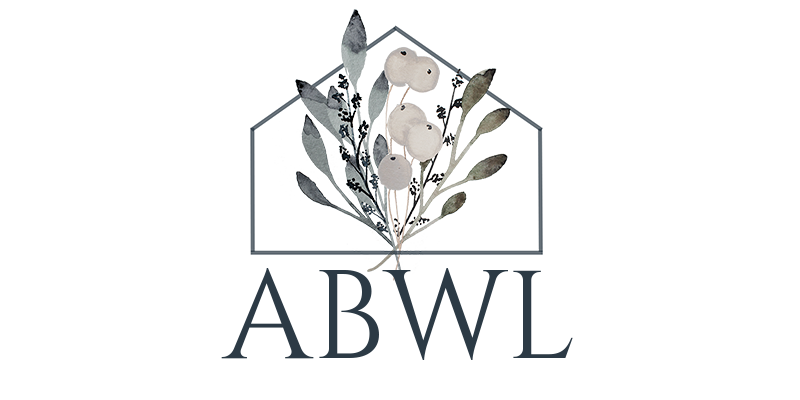

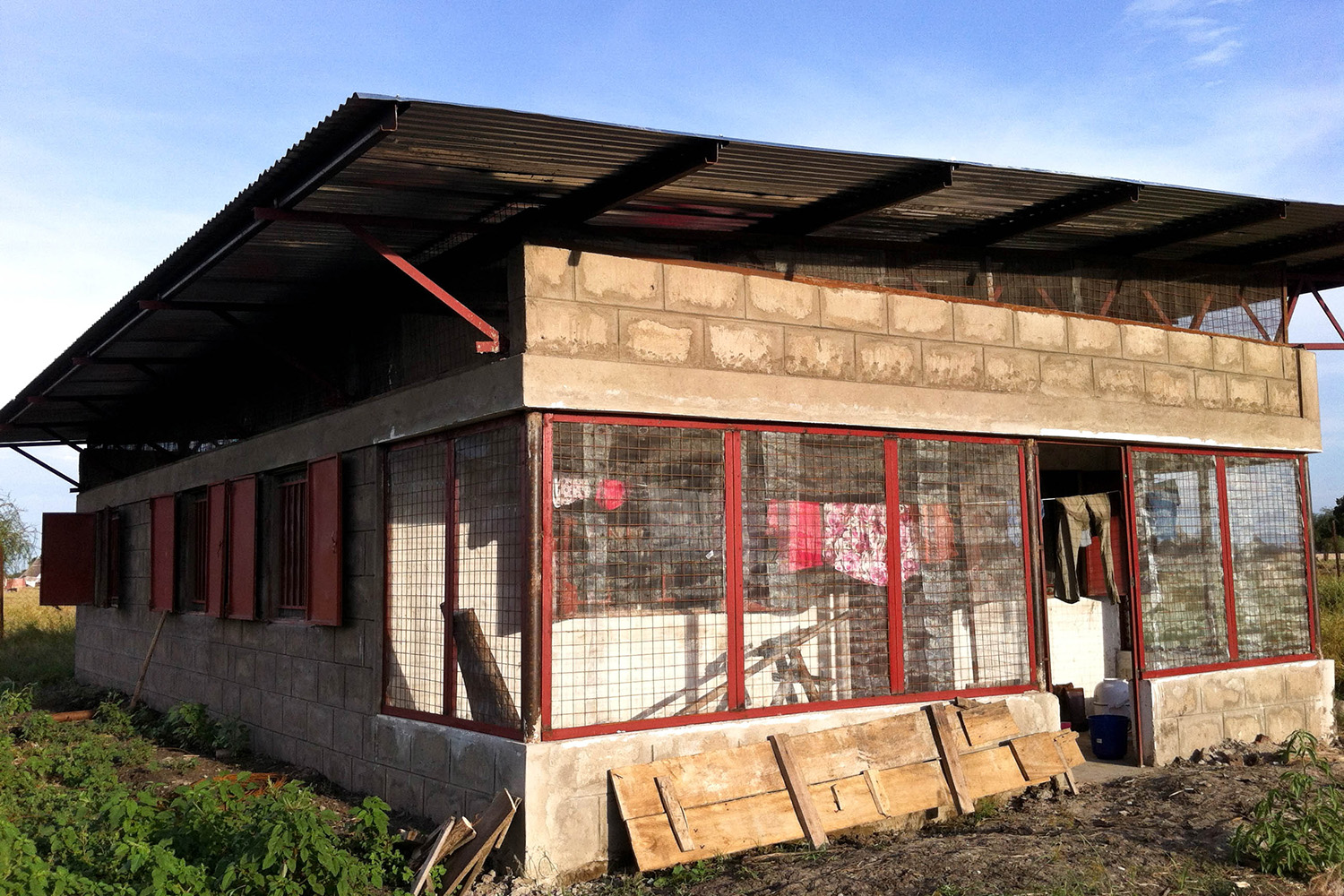
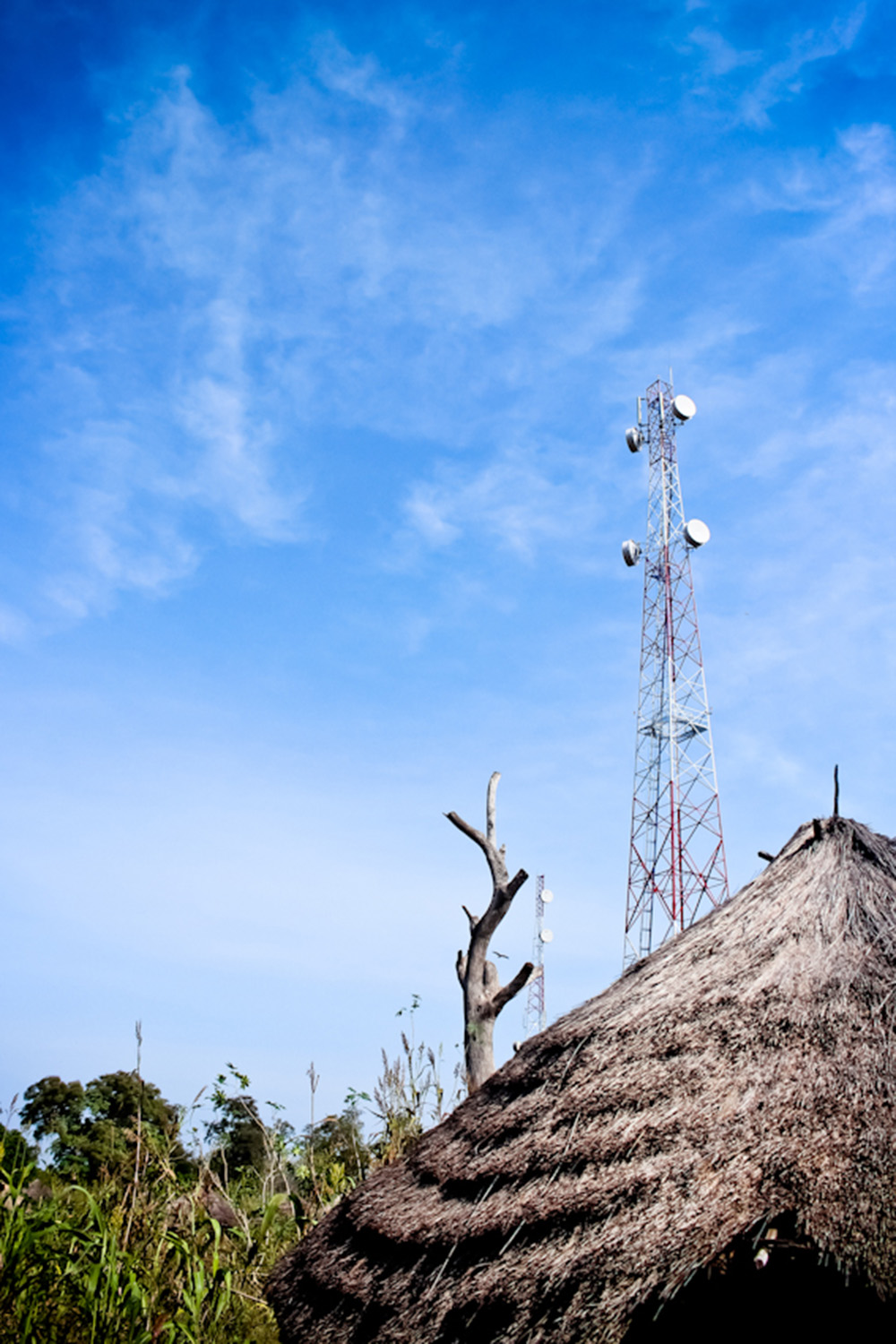
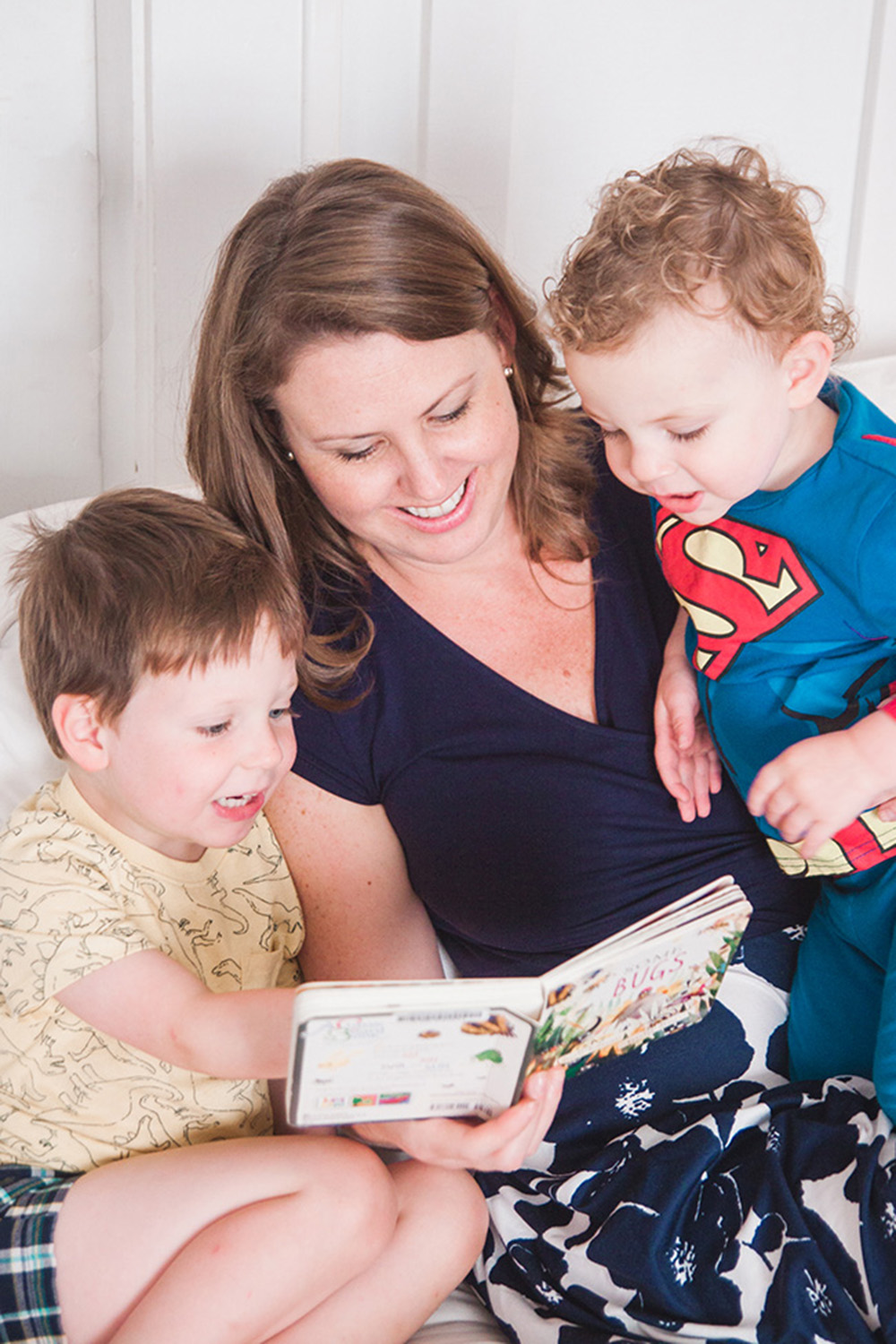
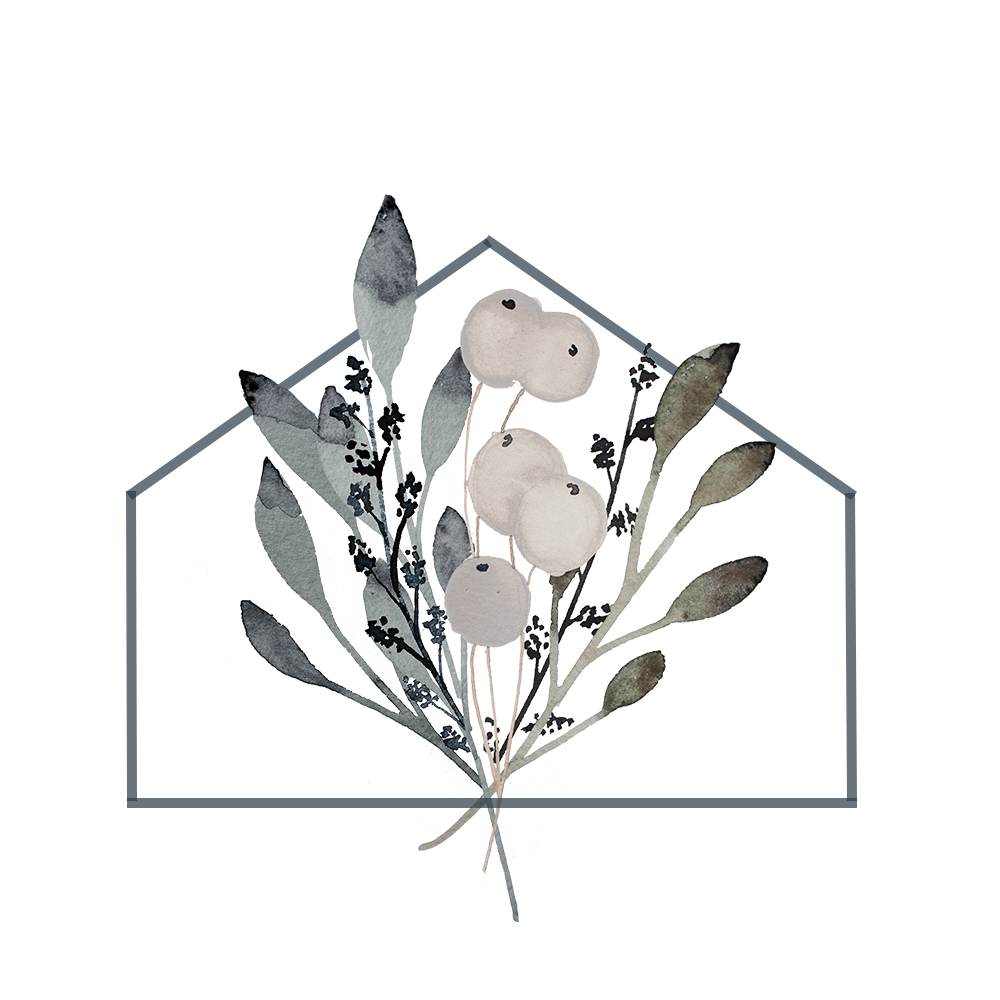
I cried as I read this… You and the misscariage have been on my heart so much lately. I will continue to pray. Love you dear friend.